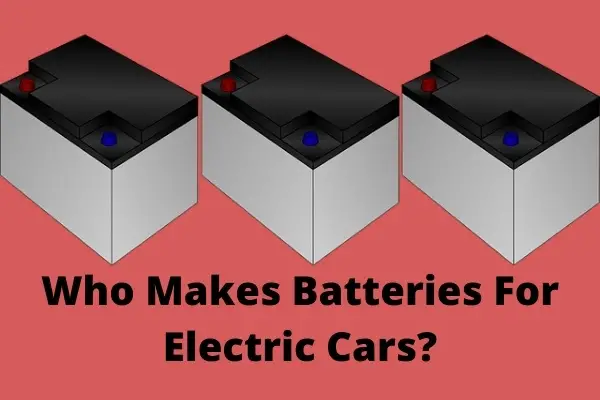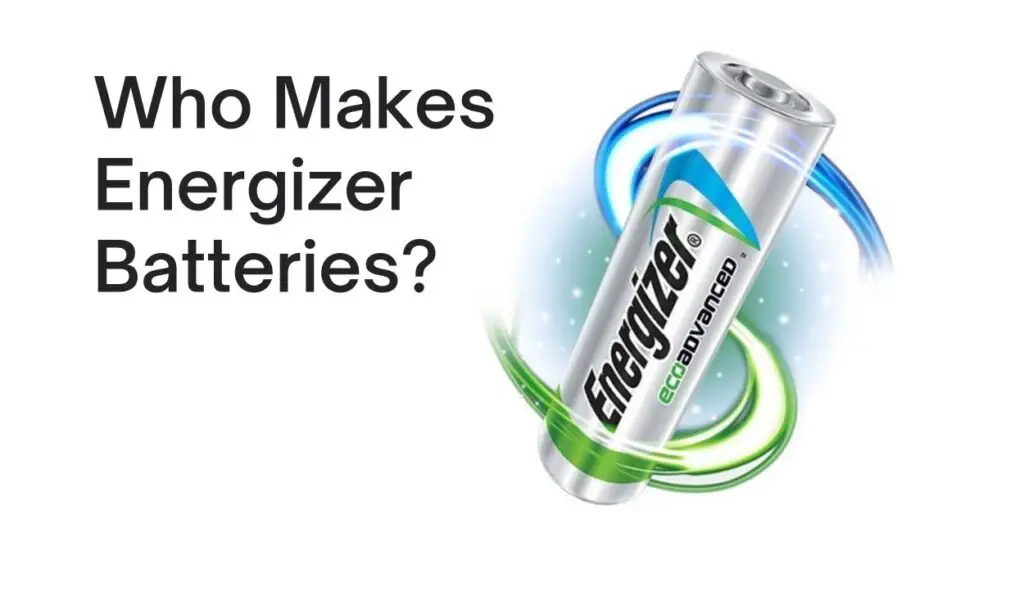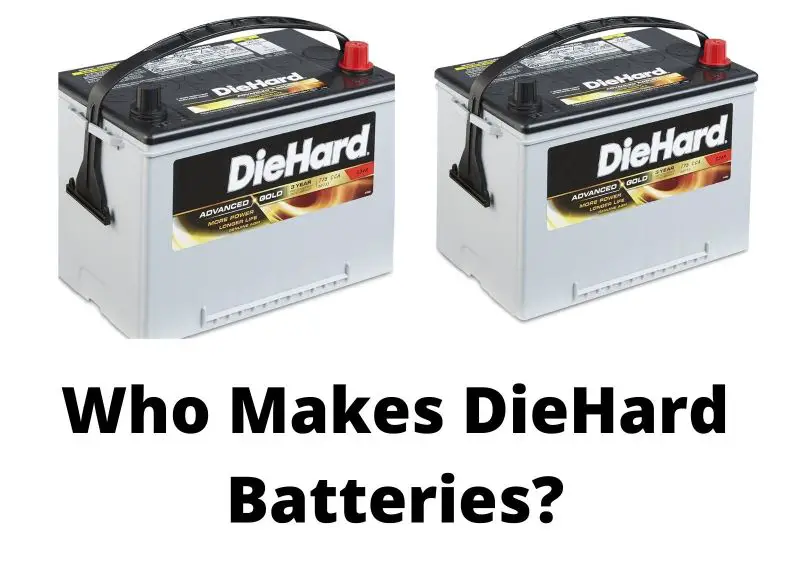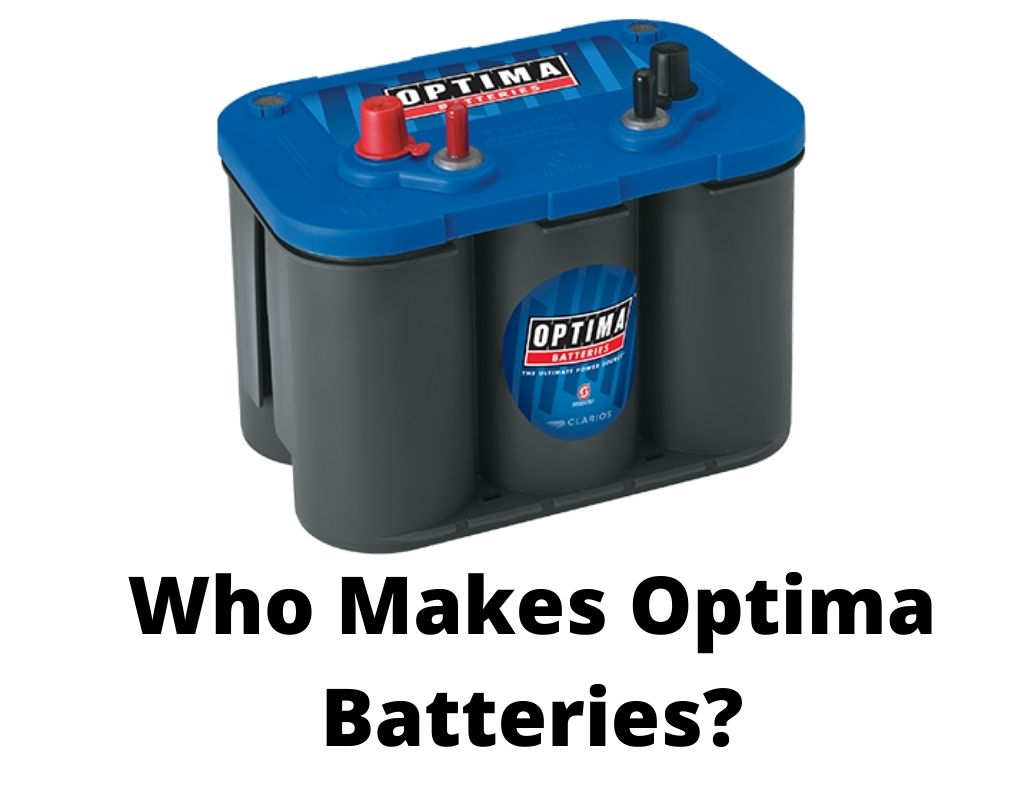Since the beginning of the 20th century, the use of electric vehicles or cars has increased rapidly. Even prediction says that more than one-quarter of all vehicles in the United States are electric cars. However, have you thought about what makes these electric vehicles secret sauce?
It’s their batteries, but who makes batteries for electric cars?
Tesla Energy is the pioneer and ranked in the top five largest battery companies since Tesla’s Gigafactory is the world’s largest lithium-ion manufacturing factory. Tesla is also one of the top Americas investors in EV battery stocks business.
Ganfeng Lithium, LG Chem, Panasonic, Levant, loom Solar, and Contemporary Amperex Technology (CATL) are also some of the dominant EV battery stock companies.
But several other firms also play critical roles in this transition of the final product. Well, today’s article is all about electric car batteries and the biggest electric battery manufacturers.

Who Manufactures Batteries For Electric cars?
Now let’s explore more details of the top owners of EV battery stocks, who introduced and commercialized next-generation battery technology to the whole world-
Tesla-Panasonic:
When people wonder who makes the best batteries for electric cars, one name that instantly pops up is Tesla Energy. Mainly it is known as the pioneer in the battery industry and introduced revolutionary battery technologies to the auto industry. But do you know that who is the biggest battery supplier of Tesla inc.?
Panasonic Corporation from Japan is solely handling Tesla’s demand for lithium-ion batteries and they have been long term partnered since 2014 to dominate the biggest EV market.
According to the Panasonic battery research and production team, they have already installed equipment to ramp up production at Tesla’s Nevada plant to increase current production up to 35-gigawatt hours. Not only that, they already started working on Tesla Energy’s new featured battery cells. These new battery cells are predicted to have an easier manufacturing process along with more annual capacity of energy storage.
Though Panasonic already established a great recognition and market demand through its joint-venture with Tesla, it continuously expanding the customer horizon and looking for market potential for battery electric vehicles.
LG Chem:
LG Chem is a South Korea-based battery manufacturing company supplies batteries for General Motors co. and Tesla Energy co. under lucrative contracts that worth billions of dollars.
LG chem’s lithium-iron phosphate batteries used for Ford Motor Co., Hyundai Motor, and Renault RENA.PA annual battery production. Also, LG energy Solutions has long-term contracts with SQM.
The company also invested highly to build and expand production facilities near Tesla’s plant in Shanghai and own a joint venture with another china-based battery company Geely Automobile Holdings to reach major markets. They are also planning on expanding their battery factory to acquire the biggest EV market shares.
Contemporary Amperex Technology (CATL):
CATL, the world’s biggest EV battery maker, is also known as China’s EV Battery Crown Jewel and the second-largest battery producer, after LG Chem. But what makes this particular Chinese battery-producing company so special?
CATL has a wide range of business networking since it has business contracts with OEMs like BMW, Tesla, Geely, Daimler, Honda, Great Wall, Volkswagen, NEVS, and Hyundai.
CALT is also has a joint venture agreement with Tesla, and combinedly they are producing batteries for EVs manufactured at Tesla’s second battery mega factory, Giga Shanghai.
SAMSUNG SDI CO LTD:
Samsung SDI Co Ltd. is an affiliate of Samsung Electronics and has both EV batteries manufacturing facility along with selling worldwide. It mainly operates through three segments-electronic materials, chemicals, and energy.
Samsung especially focuses production of batteries that are used in laptops, tablets, smartphones, power banks, e-bikes, e-scooters, garden power tools, vacuum cleaners, ignition products, and others.
Samsung SDI is the supplier who makes batteries for electric car companies like BMW, Volvo, Volkswagen, etc., and also has battery plants or factories in South Korea, Hungary, and China.
Who Makes Batteries For GM Electric Cars?
GM has partnered with SolidEnergy system for GM electric cars battery production. GM has already invested in that company to build and develop next-generation advanced lithium metal products.
According to their research and prediction, their new prototype battery will offer affordability and high performance. GM is targeting next-generation Ultium chemistry to improve energy density and decrease battery costs. They are predicting that the new electric car with Ultium batteries will easily offer miles of ranges. But they are targeting to achieve 500 to 600 miles of range with their new lithium-metal batteries.
Who Makes Batteries For Ford Electric Cars?
Previously SK Innovation was supplying batteries for Ford Motor co. but after the lawsuit accusation from LG chem, SK Innovation was forced to exit the U.S. market.
LG chem accused SK of stealing LG’s battery-related trade secrets. But eventually, LG won the legal battle against SK Innovation which led SK to lose its access in the U.S. However, SK will able to continue its domestic business contracts.
What Kind Of Batteries Are Used In Electric Cars?
Lithium-ion and lithium-iron phosphate batteries are rechargeable batteries and are widely used in electric vehicles. Lithium batteries have a higher energy density than other rechargeable batteries, that’s why the demand for lithium in EV industry is higher.
However, nickel-rich batteries, Graphene, lead-acid are also commonly used in electric vehicles. Check out the list of battery used to power EVs given below-
| Electric Vehicle Batteries: | Details: |
| Lithium-ion Battery: | Lithium ion batteries are the most common and widely used type for electric cars. These batteries are also commonly used in advanced portable electronics such as smartphones, tabs, laptops, etc. According to prediction the demand for lithium is rapidly increasing because of EV industry. Lithium ion batteries have solid power per unit, high-temperature performance, high power-to-weight ratio, high energy efficiency, low self-discharge rate and most of these battery components are also recyclable. |
| Nickel-metal hydride: | Though Nickel-metal hydride batteries are mainly used for manufacturing desktop computers and medical equipment, auto companies also use them for hybrid-electric vehicles like HEV. Earlier demand for Nickel-rich batteries was not as much as the demand for lithium. But it is changing, and the current demand for nickel batteries is growing in the EV battery industry. Nickel-metal hydride batteries have a much longer life cycle than lead-acid or lithium-ion batteries and even have more abuse tolerance. But these batteries are not ideal for rechargeable electric cars since they have a high temperature and self-discharge rate. |
| Lead-Acid: | Lead-acid batteries are the newest addition to the auto industry, and recently auto companies started using them in battery-electric vehicles for supplementing other battery loads. Lead-acid batteries are high-powered, cost-effective, safe, and reliable, but their shorter life span and weak cold-temperature performance make them less efficient for electric cars. |
| Ultracapacitors | Ultracapacitors are not the same as traditional batteries since batteries store power in a polarized liquid between electrodes and electrolytes. When the liquid electrolyte increases, energy storage capacity also increases. Ultracapacitors provide extra power for acceleration and regenerative braking. These batteries are also great as secondary energy storage since they help electrochemical batteries in leveling their load. |
Ending Notes
Today’s article already revealed who owns the highest EV battery stocks and explained who makes batteries for electric cars as well. For better understanding, I have also attached a list of batteries used commonly to power EVs.
Related Posts:



